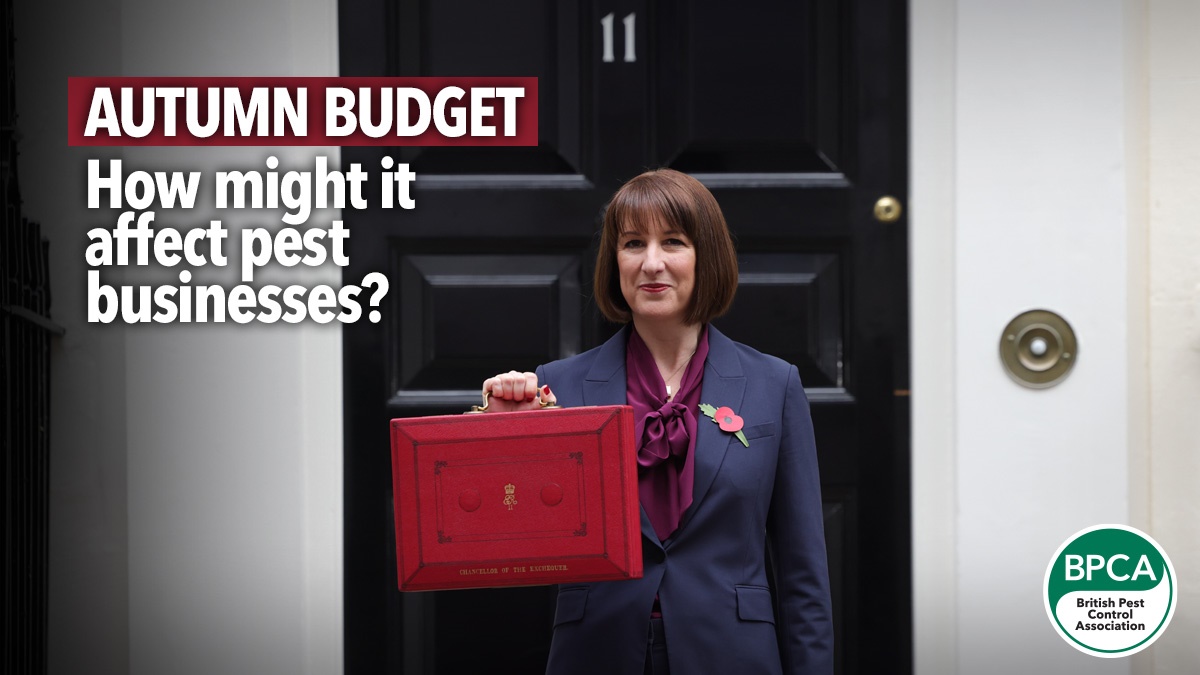GOVERNMENT
Chancellor Rachel Reeves released the long-awaited autumn budget plans yesterday.
Here’s how the budget might affect you.

Increased National Insurance Contributions for employers and employers' allowance
Employers' National Insurance contributions will rise from 13.8% to 15%, and the threshold for NI contributions will drop to £5,000 (down from £9,100).
However, Employment Allowance has been expanded, by removing the £100,000 eligibility threshold, simplifying employer NICs so all eligible employers can benefit. The allowance will rise from £5,000 to £10,500.
This is a win for small businesses, as their NIC bill will be cut by £10,500 a year.
The Chancellor announced this means that 850,000 businesses will pay no NICs at all and over half of employers with NIC liabilities will either see no increase or will benefit overall next year.
Taking effect on 6 April 2025, the changes will enable businesses to employ up to four full-time workers on the national living wage without paying employers' national insurance on their wages.
Higher Capital Gains Tax (CGT) rates
The CGT lower rate will rise from 10% to 18%, and the higher rate from 18% to 24%, with residential property CGT also increasing.
Business owners looking to sell assets or property related to their businesses will face higher CGT.
Additionally, Business Asset Disposal Relief (BADR), designed to lower CGT for qualifying businesses, will also increase from 10% to 14% in April 2025, and then to 18% in April 16%.
This could make it less attractive to sell business assets or property, potentially limiting expansion or reinvestment plans for companies seeking liquidity.
With the recent increase the pest control industry has seen in acquisitions, this could have significant effects on the structure of the industry.
Rising National Minimum and Living Wages
The National Living Wage will increase by 6.7% for those aged 21 and over and National Minimum Wage by 16.3% for workers aged 18-20.
This change raises payroll costs for pest control companies, particularly those that rely on entry-level or seasonal workers.
Smaller pest control businesses might struggle to absorb this increase, potentially leading to higher fees for services or a reduced workforce.
However, if you're taking on your first set of employees, the increase in the Employment Allowance means the National Insurance contributions cost for those employees should be covered.
Wage increases could boost consumer spending, making clients more willing to pay for pest control services, while also helping businesses attract and retain skilled workers, improving service quality and reducing turnover.
BPCA champion the Real Living Wage, a voluntary rate set by the Living Wage Foundation rather than the Government, because we believe that a hard day’s work deserves a fair day’s pay.
Whilst increased minimum wage may appear to have negative financial consequences in the short-term, we believe the overall impact of better wages across the board is positive.
Fuel Duty Freeze
Fuel duty will remain frozen, meaning there won’t be additional costs at the pump this year.
This will be beneficial, as pest control companies depend heavily on vehicles. Maintaining a steady fuel price may reduce the impact of other rising costs, such as NI contributions and wages.
Household Support Fund and Public Benefits Increases
With an additional £1bn for the household support fund, financial assistance for those in hardship may offer some relief to individuals struggling with the cost of essentials.
While this doesn’t directly benefit pest control businesses, increased public support may reduce the financial strain on clients in lower-income brackets, making them more likely to seek pest control services when needed rather than delaying due to cost concerns or attempting dangerous DIY methods.
General Economic Growth and Inflation
With modest GDP growth projected and inflation influencing the pricing of essentials, overall economic pressures will remain steady.
Pest control businesses may face rising costs due to inflation, but the growth outlook suggests the market could remain stable, allowing for gradual adjustments rather than drastic shifts in pricing or service models.
In all, these changes create a balanced outlook for pest control businesses.
Larger companies may face higher employment costs and higher capital gains may pose challenges to those looking to sell their business.
For sole traders, Employer Contributions will have no effect, and they can continue to benefit from fuel duty freeze and financial support measures.
By focusing on operational efficiencies or carefully adjusting prices, pest control businesses can adapt and remain competitive despite the increased costs.

Source: Online